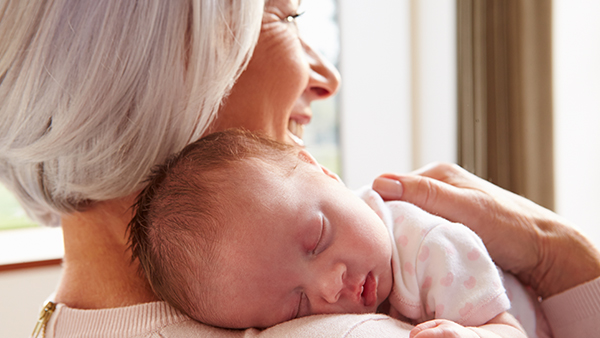Leaving your baby for the first time
Sometimes, it can feel like a major thing, and a bit scary, to leave home without your baby for the first time. Some describe it as a feeling of running away, or as an emptiness both in your arms and in your heart – it might even be the case that you want to go back home straight away.
Read time: 2 m
Verified by Emma Fransson
Certified psychologist
Becoming a parent is about creating a connection with a new human being. For many, this is created when the baby is still in utero, whilst for others, it can take longer. When that connection is in place, it usually feels difficult and empty to be without your baby and this is a wonderful thing since it's a reminder of just how important you are to your baby.
Being able to be there for your child, to be a steady presence in her or his life, and to get to know your baby's personality and needs, is an extremely important task. A task you can perform even if you leave your baby with someone else while you take a short walk or pop into the supermarket. If that's what you want to do.
If you choose to leave your baby for just 20 minutes or so, it's important to create favourable conditions for both of you. Make sure that a person you can trust looks after your child, and that the child is full or has access to food. Keep in mind that even though newborns recognise their parents' voices and smell, they can also let themselves be soothed by other adults – especially by grandparents whose experienced hands can put any child to sleep.
Verified by Emma Fransson
Certified psychologist
More from Preggers
Hundreds of related articles, podcasts & more waiting for you in the Preggers app.
Download Preggers today.

